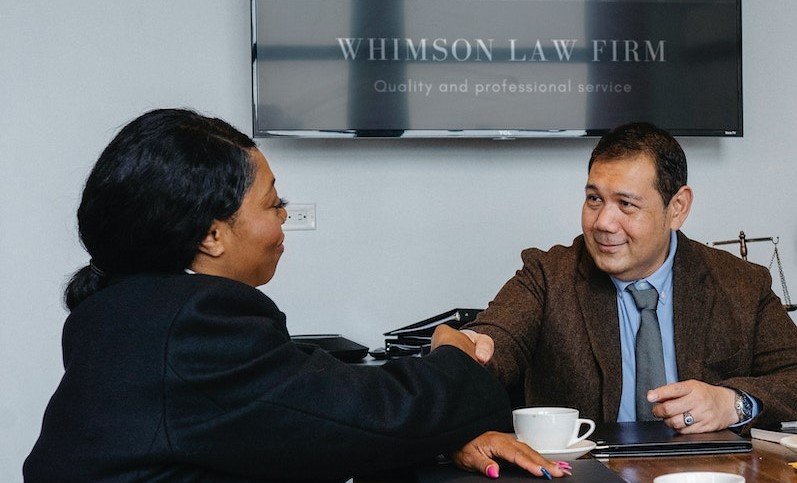1 min read
7 Ways To Stay Out of Trust Account Trouble
Trust account problems remain one of the top reasons attorneys are disciplined here in the US. And while there have been and will continue to be...
We've crafted solutions tailored to your firm
The world of insurance for law firms can be confusing, and difficult to navigate. We've created this glossary because these common insurance terms should be easy to understand.
3 min read
 Mark Bassingthwaighte, Risk Manager
:
Posted on June 28, 2023
Mark Bassingthwaighte, Risk Manager
:
Posted on June 28, 2023

I continue to be surprised at the number of times I learn that a law firm turned over complete oversight of client property to a non-attorney member of the firm’s staff. More often than not, the reason for doing so seemed to be that this individual had been employed at the firm for years and viewed as someone worthy of a high level of trust. And while I do believe the development of trusting work relationships is a good thing, unfortunately there can be a downside. My biggest concern is unfettered trust can easily lead to the deterioration, if not the complete abandonment of accountability mechanisms. Sometimes trouble follows.
One story that has stayed with me for years involved a trusted firm administrator who eventually came to be treated by her boss, a solo attorney, as a member of his family. This individual even played a role in helping to raise the attorney’s children. Everything came crashing down when the attorney eventually discovered this trusted employee had been embezzling him for years managing to take well in excess of $100,000. Suffice it to say the attorney never saw it coming. He was crushed by this individual’s deceit.
Before going any further, allow me to say that I do value the professional and personal relationships that can and do arise in a work setting. I believe that placing trust in employees is an appropriate and necessary practice. My purpose here is not to advocate a modicum of distrust. Rather, it is to encourage and underscore the importance of creating and maintaining appropriate mechanisms of accountability for client property. Why? Because, unfortunately, even long-term trusted employees sometimes make really bad decisions. To add insult to injury, should such an unfortunate event ever occur in your firm and adequate safeguards were not in place, you might end up on the wrong side of a disciplinary action. You cannot and should not delegate total and complete responsibility for all accounting functions to non-lawyer staff. Simply put, as an attorney you have an ethical duty to oversee the safekeeping of client property.
With all this in mind, here are a few ideas to help you avoid problems and, if followed, can help demonstrate that an appropriate level of attorney oversight of client property was in place should a theft ever occur.
Since 1998, Mark Bassingthwaighte, Esq. has been a Risk Manager with ALPS, an attorney’s professional liability insurance carrier. In his tenure with the company, Mr. Bassingthwaighte has conducted over 1200 law firm risk management assessment visits, presented over 600 continuing legal education seminars throughout the United States, and written extensively on risk management, ethics, and technology. Mr. Bassingthwaighte is a member of the State Bar of Montana as well as the American Bar Association where he currently sits on the ABA Center for Professional Responsibility’s Conference Planning Committee. He received his J.D. from Drake University Law School.

1 min read
Trust account problems remain one of the top reasons attorneys are disciplined here in the US. And while there have been and will continue to be...

4 min read
Common reasons lawyers close their practices include a medical disability, wanting to retire, a move out-of-state, or a career change. While the...

The two most common excuses I’ve heard over the years for not having a succession plan in place are these. It’s either “my plan is to die at my...